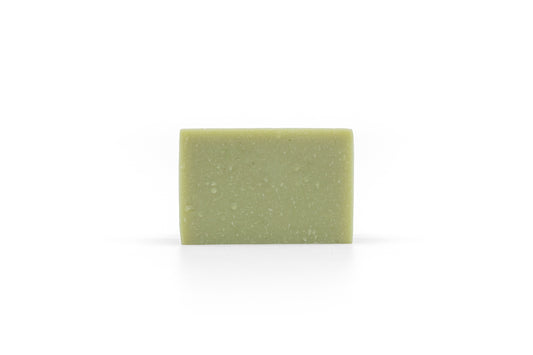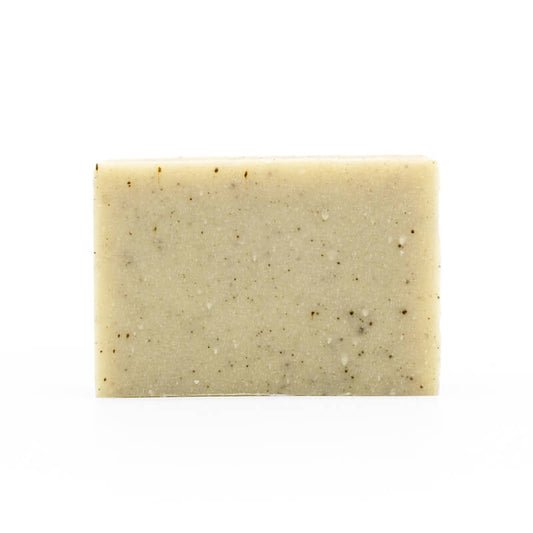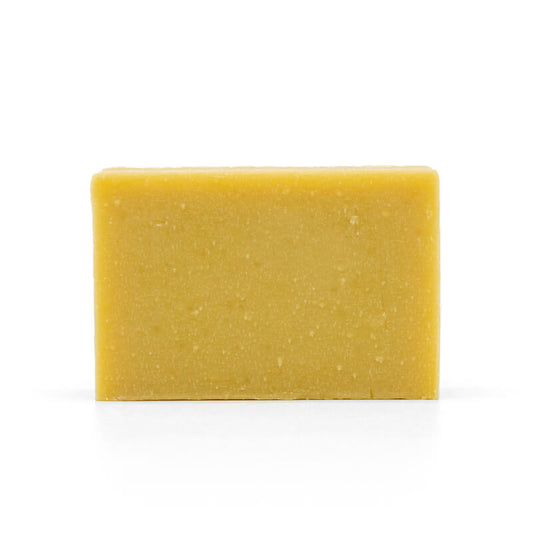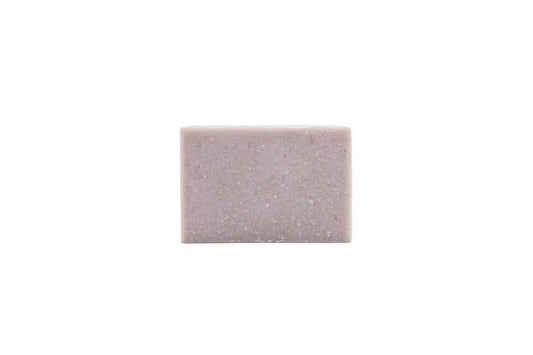Arabic Jasmine Absolute Oil
 Loved by people all over the globe, Arabic jasmine is an aromatic plant with a timeless scent. A member of the jasmine family, this flower is one of the many natural fragrance sources used to craft the handmade cold process soaps from Beaverton’s.
Loved by people all over the globe, Arabic jasmine is an aromatic plant with a timeless scent. A member of the jasmine family, this flower is one of the many natural fragrance sources used to craft the handmade cold process soaps from Beaverton’s.

An Arabic jasmine flower beginning to bloom ; Image: The Spruce/Gyscha Rendy
Arabic jasmine, also known as Jasminum sambac, is a variety of jasmine native to Asia. Jasmine is a genus of flowering plants in the olive family known for their fragrant, delicate flowers. There are over 200 species of jasmine, but the most commonly encoutered are common jasmine (Jasminum officinale ), Arabic jasmine, and Spanish jasmine (Jasminum grandiflorum), all three of which are valued for their fragrant blossoms. Jasmine flowers emit a rich, sweet, and heady scent that is often described as warm and exotic.

Budding Arabic jasmine flowers ; Image: Ugaoo
In ancient times, the delicate and nuanced scent of Arabic jasmine was highly prized and this flower became a treasured plant in numerous locations across Asia. Native to regions such as the Philippines and Indonesia, the plant was cultivated in royal gardens and used in traditional perfumery and incense, often being associated with wealth and spiritual purity. As trade routes expanded, Arabic jasmine spread across the Arabian Peninsula and beyond, embedding itself in the cultural practices of many societies. It became especially prominent in Middle Eastern cultures, where its blossoms were used in rituals as a symbol of love and beauty. By the 19th century, the cultivation of Arabic jasmine had spread to Europe where its scent began to play a significant role in the burgeoning perfume industry. Today the appeal of Arabic jasmine endures, with its luxurious fragrance continuing to captivate perfumers and enthusiasts around the globe.

An illustration of arabic jasmine flowers in the 17th-century botanical work Hortus Malabaricus by Hendrick van Rheede ; Image: Welcome Collection
A cornerstone of modern perfumery, arabic jasmine is renowned for its complex and captivating fragrance profile, with Its deep and exotic aroma lending a sensual and opulent character to perfumes. The oils extracted from arabic jasmine’s delicate flowers are often used as a key ingredient in luxury fragrances, where they impart a rich multifaceted scent that can range from fruity and floral to slightly spicy. Perfumers utilize jasmine absolute or essential oil to create complex and sophisticated blends, often combining it with other notes to achieve a harmonious and wellrounded fragrance profile. The unique scent of arabic jasmine is attributed to a diverse arr ay of natural compounds found within the plant. Key among these are floral smelling linalool, sweet and fruity smelling benzyl acetate, and the somewhat musky smelling indole. Small amounts of geraniol add rosy notes, while farnesol imparts a subtle and honey-like sweetness. The compounds cis-jasmone and trans-jasmone are also found in this jasmine variety, contributing fresh undertones to the plant’s overall fragrance. These compounds work together to create the signature intoxicating scent profile of Arabic jasmine that has been cherished across cultures for centuries.

A fully bloomed Arabic jasmine flower with a doubled set of petals ; Image: Encyclopedia Britannica
The inclusion of Arabic jasmine in the handmade cold process soaps of Beaverton’s brings an extra touch of elegance and sophistication, making hand washing and bathing a true treat for the senses. Arabic jasmine scented soaps add timeless beauty to everyday skin care routines and elevate the washing experience to a new level of indulgence.







